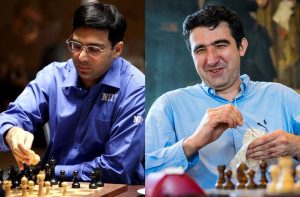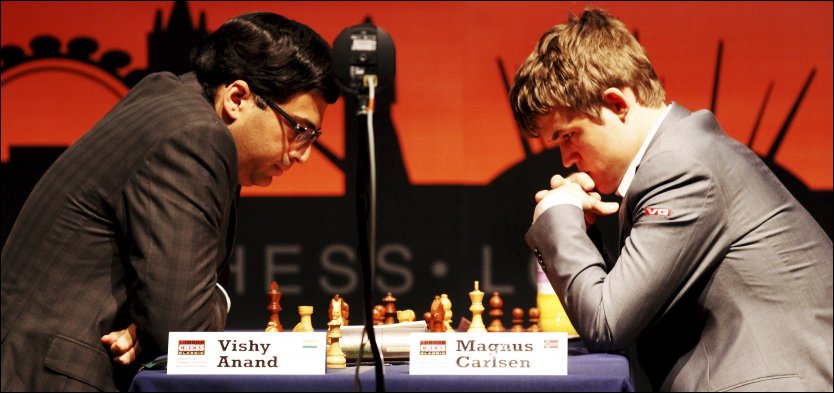
In the chess world, which I enjoy although about which I’m aware my loyal fans are somewhat less enthusiastic, there is an interesting dichotomy in the behavior of two former world champions, Vladimir Kramnik and Viswanathan Anand. Anand is still playing top level chess while Kramnik decided to give up competitive chess. Whose decision is right and whose is wrong?
It is certain one must be a good decision while the other is bad because they are in opposition to each other. Is it proper to continue to play chess competitively when you were once world champion but have little or no chance of once against ascending those dizzying heights? Kramnik is five years younger than Anand but decided he’d had enough, while Anand is still playing and doing extremely well at top-level events.
Surely, we must decide one of the two is correct while the other made a terrible mistake. That is our job, after all. It is all but impossible that both adults are capable of making the best decision about their own life and that I shouldn’t be telling them how to go about living.
It’s impossible that Anand enjoys playing chess and feels he is a role-model for the many young Indian players who are making their presence known with some great chess. Therefore, the best decision for him was to keep playing the game he loves. No, I must inform him that his once greatness is gone and now, he must retire to save his dignity.
It is likewise quite clear that Kramnik, younger than Anand, still has some great chess in him. That just because he doesn’t enjoy playing as much and wants to pursue other avenues in his life is no reason to quit so young. I am just the person to tell him how to go about leading his life.
It’s impossible for mentally capable adults to make better decisions about their life than I can make for them. Frankly, I think the governments of India and Russia should interject themselves into this matter and pass a law forcing Anand to quit and Kramnik to return to the game. Or, wait, forcing them both to quit, or no, forcing them both to keep playing. Or something. We need government oversight; we need other people telling us how to lead our lives. Yes! I’m outraged at one of them, I’m not sure which, but there is wrongness here and it must be addressed! Who better to do it than me? Than the government?
Tom Liberman
